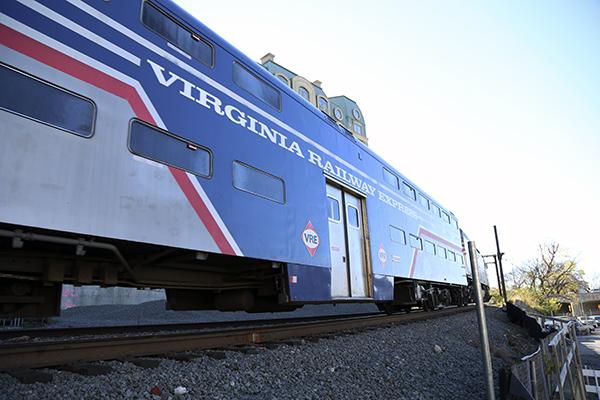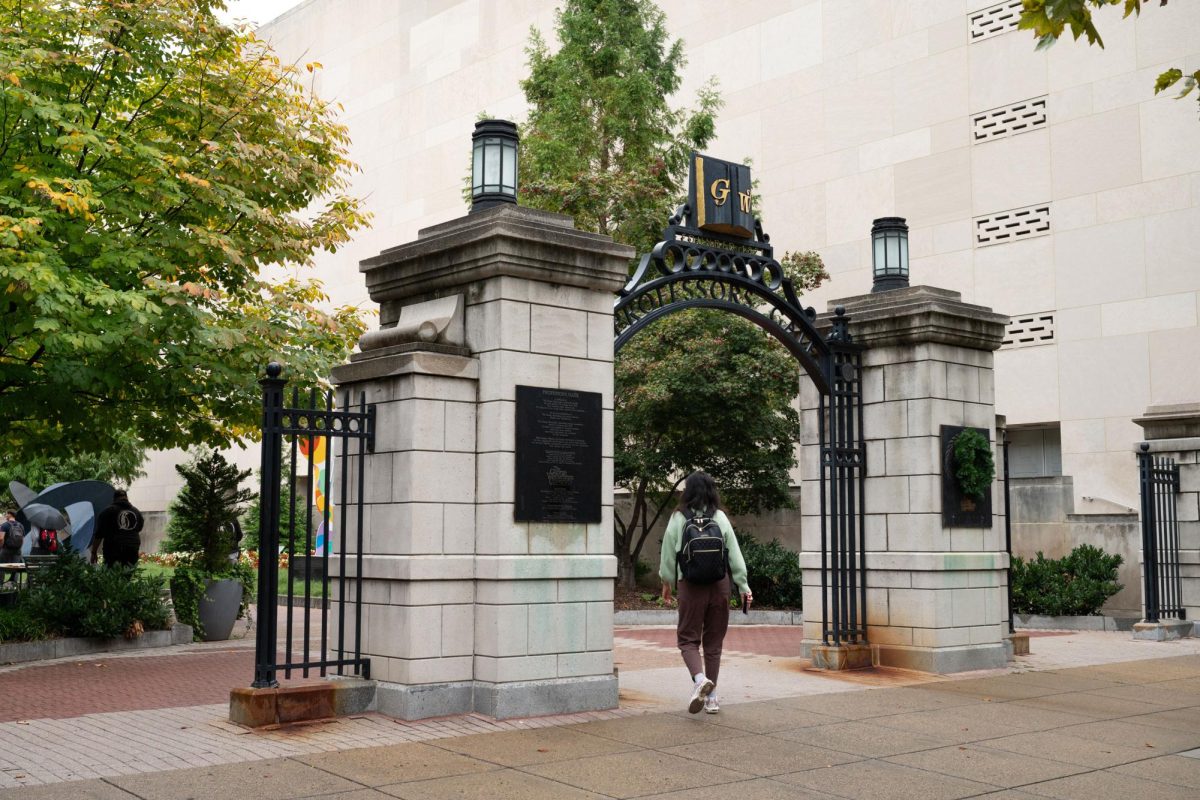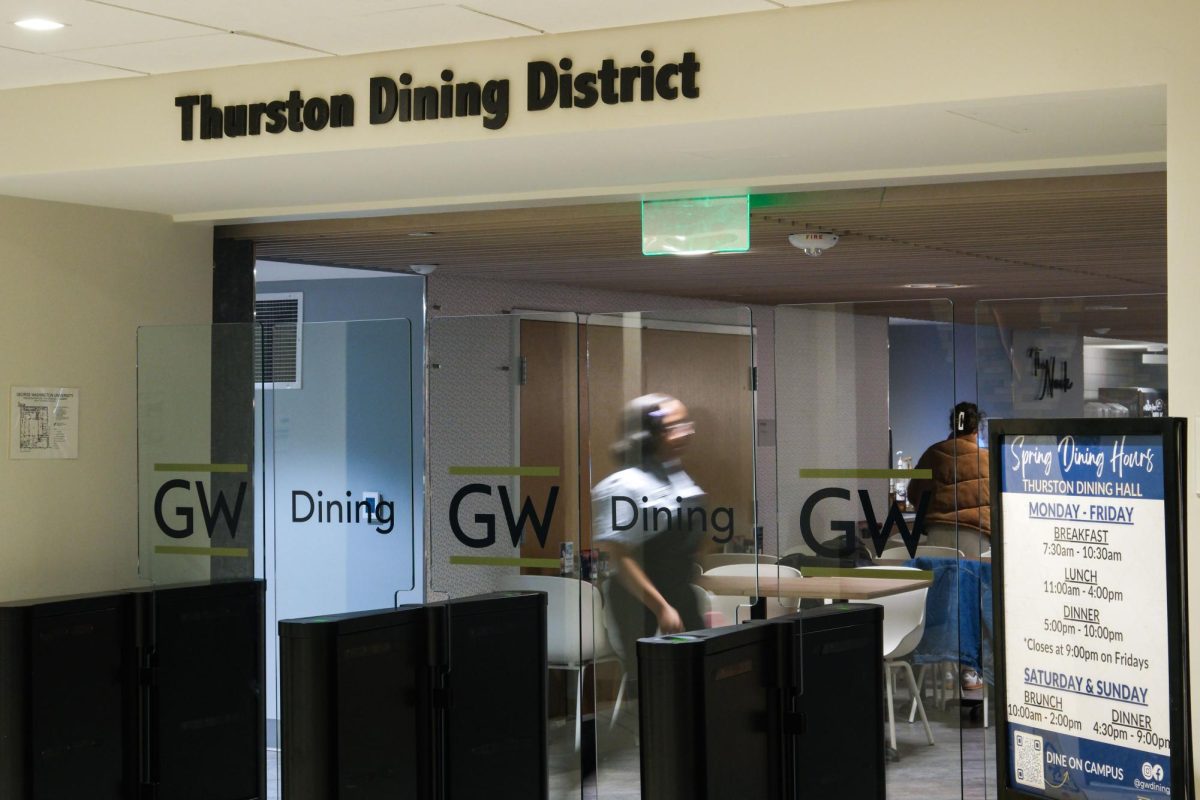Students from cities like Philadelphia and New York may get a much shorter trip back to GW in the next few years.
Northeast Maglev was chosen to produce a proposed bullet train that would eventually run from D.C. to New York. Experts and community members both say that the new train, which could travel between D.C. and Baltimore in just 15 minutes, could change the socioeconomic demographics in both cities by giving people who currently live and work in D.C. the chance to more realistically move to Baltimore, where the cost of living is lower.
The cost and timeline of the project are still being determined, and a $27.8 million grant from the Federal Railroad Administration will fund the decision-making process.
Lisa Benton-Short, the chair of the geography department, said in an email that the bullet train project would benefit the cities, including “opening up both cities for more exchange of events and tourist activity.”
She added that connecting the two cities with a train that fast would suburbanize both metropolitan areas since people living outside both cities would have less of a total commute time, making the trip to the suburbs seem shorter when the train ride is shorter. A Maglev train in China runs nearly 270 miles per hour.
“This kind of high-speed train brings people and places closer together – not literally, but figuratively,” Benton-Short said. “I think it could be transformative in making these two cities seem ‘closer’ geographically than ever.”
The grant will allow the project designers to study possible routes for the train and complete an environmental assessment to determine the train’s possible impact on the environment.
Experts said the faster commuting option would make it much easier for people who live in Baltimore or D.C. to work in the other city.
Booker Smith, a junior originally from Baltimore, lives with his family at home and has an almost two-hour commute on a Marc train and the Metro four days a week. He said a faster train connecting the cities would make more GW kids willing to commute from Baltimore.
“Everyone says I’m crazy. No one else does this,” he said.
Geoffrey Macdonald, an adjunct professor of political science who commutes to GW from Baltimore, said building the bullet train is “pretty controversial in Baltimore” because it will replace a project that would have expanded train routes within the city that were typically used by poorer people.
“This will develop Baltimore by bringing in more affluent people from D.C. rather than developing the poor neighborhoods in Baltimore through light rail and other mechanisms of public transportation that more people would use,” Macdonald said.
Robert Valero, the executive director of GW’s department of real estate and urban development, said in an email that he doesn’t see the train having many major effects for D.C. on a local scale, but that it will negatively impact the airline market because it would cater to the same market of people who would take a plane when traveling between D.C. and New York.
He said local governments are already unwilling to spend money to improve roads, bridges and things like the Metro, so he questioned whether or not deciding bodies would be willing to invest more in a new train.
“I think the biggest question will be, ‘Is there going to be the political will – and the capital – to make this project into a reality?’” Valero said.







